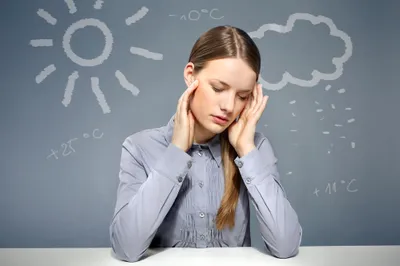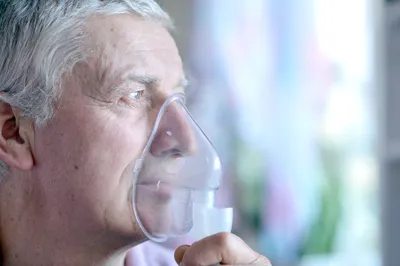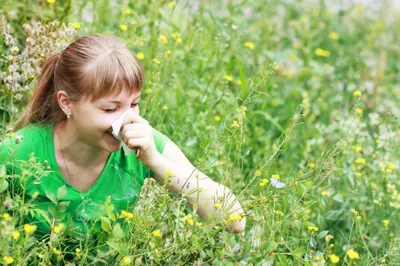We’ve all blamed the weather for things like depression, migraines, and maybe even an achy joint or four. However, studies have drawn links between weather extremes and certain maladies.
Here are ten ways the weather affects general health and wellness…
1. Migraines
Barometric pressure—or rather a spike in humidity or a sudden drop in temperature—has long caused finger pointing when it comes to causing migraines in long-time sufferers. However, of late barometric pressure has triggered migraines in individuals who don’t chronically suffer from them. This is why dry, warm air with little humidity and stable temperatures are the preferred local for migraine sufferers.
2. Eczema
If you have eczema, thoughts of short shorts, tanks, and bikinis may make you want to hibernate. Summer is prime time for the type of itchy, dry, flaky skin that exacerbates eczema. However, you can’t win when cold, dry, windy weather is just as bad. Eczema reacts when the body’s temperature in unbalanced and skin is either too hot or too cold.
3. Joint Pain
Is that tricky knee or sore elbow acting up again? Look at your thermometer, its likely cold and dry outside, which is when arthritic pain in weight-bearing joints will act up. Studies back this up with claims that a drop in temperature and humidity will cause sensitivity and inflammation in affected joints.
4. Depression
If there’s a storm brewing inside and you’re prone to depression, chances are there’s a grey cloud over your mood as well. A study from the University of Barcelona has linked changes in the barometric pressure, which commonly occur in the hours pre-emanating a thunderstorm, with increased depression symptoms. If you suffer from seasonal affective disorder (or SAD) you already know how cold, seasonal weather affects moods negatively.
5. Asthma
You may shy away from exercise for fear of it triggering an asthma attack. However, those inflamed airways might be the set off more so by weather and less so from actual physical activity. When cold air is taken into the lungs it has less time to warm up in the airways, causing sudden inflammation and the inevitable restricted breathing associated with an asthma attack.
6. Heart Attack
You might refrain from shoveling if you’re at risk of cardiovascular disease or have suffered a heart attack in the past. But it might be the extreme cold rather than the exertion of the heavy snow that is your biggest heartfelt threat, causing a narrowing in the coronary arteries. So the next time your doctor makes you promise not to shovel your drive way, you have double the excuse—physical exertion and temperature. Ditto goes for extreme heat when the body’s core temperature spikes and the body becomes dangerously dehydrated and prone to heat stroke.
7. Lung Disease
If you suffer from chronic lung conditions, like emphysema or bronchitis, beware extremely hot just as much as you would frigid climates. Long periods of hot, humid weather will put more stress on your breathing as the lungs try to take in more oxygen to reduce core temperature, resulting in wheezing, coughing, and shortness of breath.
8. Allergies
Are you one of those unlucky individuals who can feel the sneezing coming on as soon as the buds poke out their lovely snouts come springtime? You might blame it on the pollen count—especially if you suffer from hay fever, but in recent years incessant sneezing, stuffiness, and sinus pain in spring time has been on the rise for children and those who never experienced allergies before (like me). It would seem that drastic changes in humidity and temperature may be responsible for these sudden pollen blasts from flowers, trees, and grasses.











